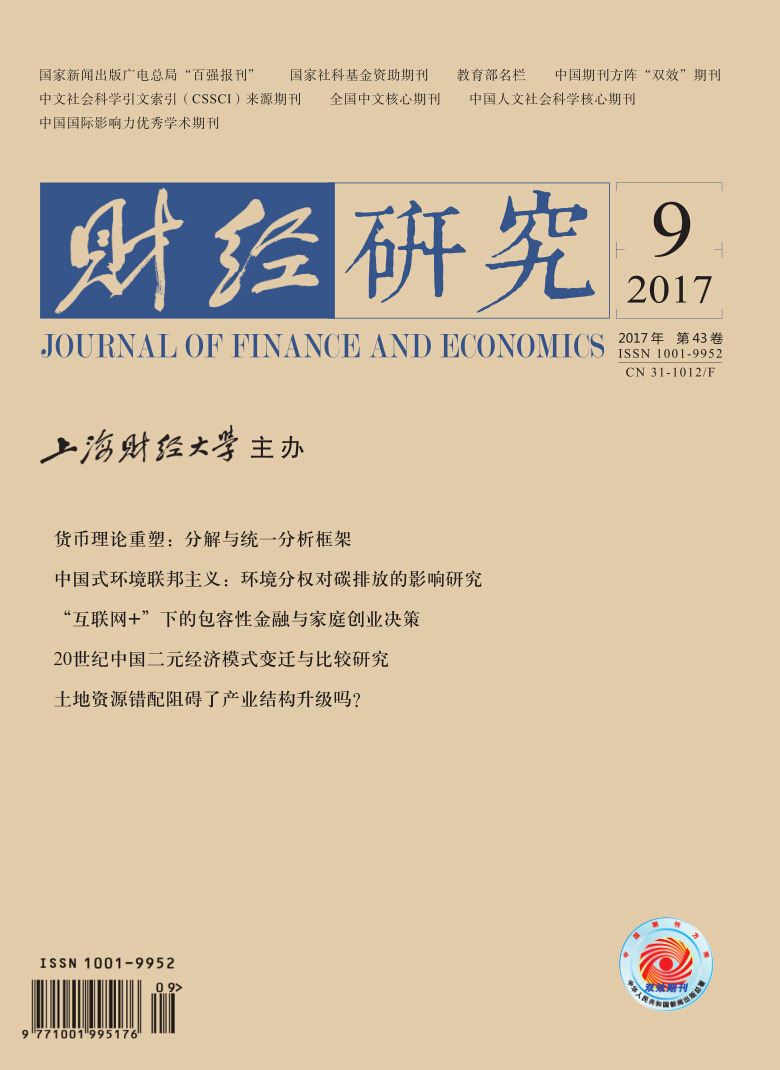China's current economic growth comes at the expense of a lot of pollution. We could reveal the fact that whether there is a synchronous change link between economic growth and environmental pollution according to decoupling theory, thereby theoretically paving the way for total amount control of pollution emissions. Based on the panel data of 271 cities in China from 2004 to 2013, this paper examines the convergence of the decoupling between economic growth and environmental pollution and the status of chasing decoupling. Results show that:(1) regional development of decoupling shows the characteristic of "club convergence" due to the heterogeneity on the existence of environmental regulation intensity and so on. The result suggests that it is possible for the ordinary cities to catch up the benchmark cities. (2) the no chasing decoupling cities are the mainstream in China, which shows that the gap between the ordinary cities and the benchmark cities in economic growth and pollution reduction is expanding. The policy implications are as follows:changing the way of attaching importance to economy while despising environment, and besides, the way of city green development needs differentiation.
 / Journals / Journal of Finance and Economics
/ Journals / Journal of Finance and EconomicsJournal of Finance and Economics
LiuYuanchun, Editor-in-Chief
ZhengChunrong, Vice Executive Editor-in-Chief
YaoLan BaoXiaohua HuangJun, Vice Editor-in-Chief
Decoupling and Chasing:A Study on the Green Development Path of Chinese Cities
Journal of Finance and Economics Vol. 43, Issue 09, pp. 122 - 133 (2017) DOI:10.16538/j.cnki.jfe.2017.09.010
Abstract
References
Abstract
Keywords
Cite this article
Xia Yong. Decoupling and Chasing:A Study on the Green Development Path of Chinese Cities[J]. Journal of Finance and Economics, 2017, 43(9): 122–133.
Export Citations as:
For
ISSUE COVER
RELATED ARTICLES




 7378
7378  4701
4701

